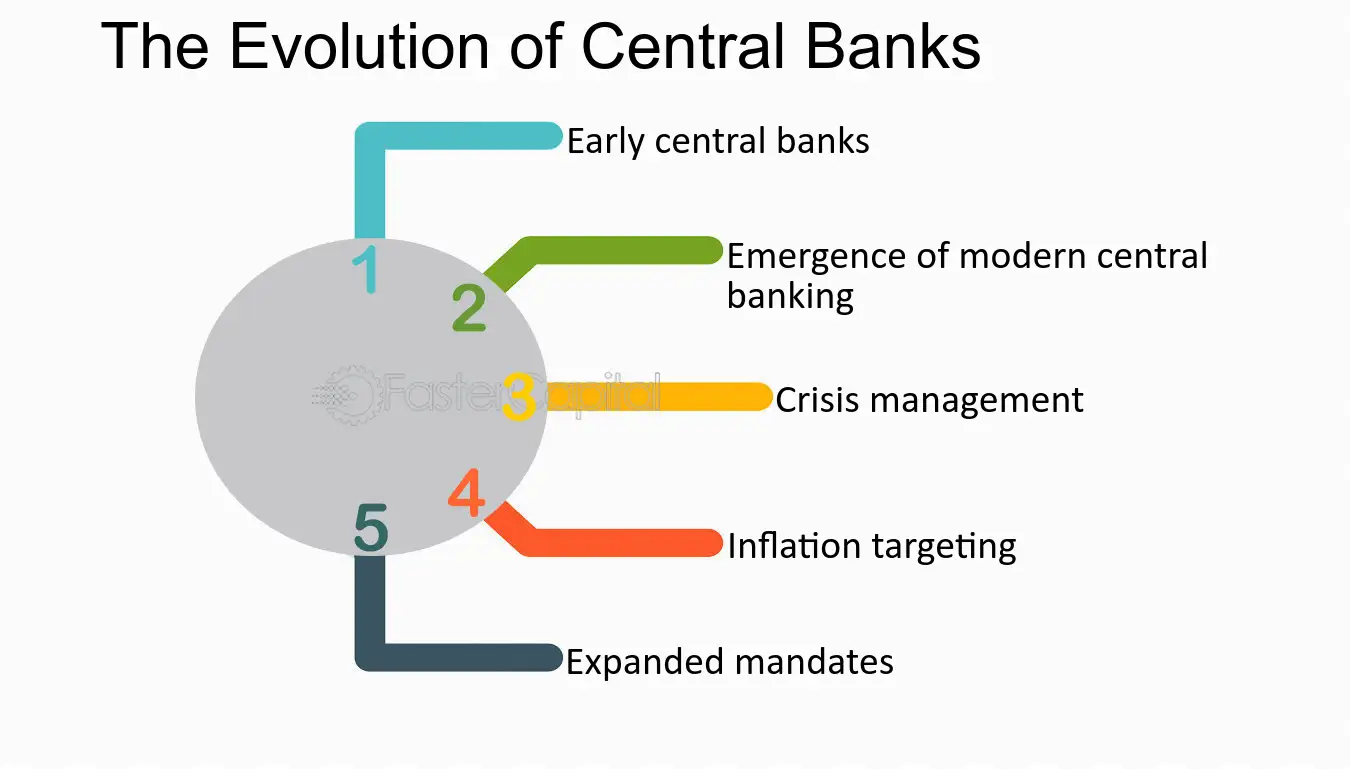Prophet Muhammad (PBUH) Biography: Life, Historical Journey, and Lasting Influence

18/08/2025
Author: Shaharia
Prophet Muhammad (PBUH) biography explores his life, historical journey, and enduring influence. Discover the story of Islam’s final prophet and his impact on history, faith, and humanity.
Prophet Muhammad (PBUH) Biography: Life, Historical Journey, and Lasting Influence
Prophet Muhammad (PBUH), born in Mecca in 570 CE, is one of the most influential figures in human history. Known as the final prophet in Islam, his life, teachings, and historical journey have shaped civilizations and inspired over 1.9 billion Muslims worldwide.
Early Life and Historical Context
Muhammad (PBUH) was born into the Quraysh tribe, a prominent tribe in Mecca. His father, Abdullah, passed away before his birth, and his mother, Amina, died when he was six. Raised by his grandfather and later by his uncle Abu Talib, Muhammad’s early life was marked by hardship but also by exposure to the social and cultural environment of 6th century Arabia.
Even as a young man, he earned the nickname Al-Amin (the trustworthy) for his honesty and integrity, qualities that later enabled him to unite tribes and communities. He worked as a merchant and developed a reputation for fair dealings and reliability.
Marriage and Family Life
At 25, Muhammad (PBUH) married Khadijah bint Khuwaylid, a wealthy and respected businesswoman. This marriage provided personal support and stability, allowing him to focus on spiritual reflection. Their family life reflected values of mutual respect, compassion, and ethical living, setting an example for future generations.
Revelation and the Start of Prophethood
At the age of 40, while meditating in the Cave of Hira, Muhammad (PBUH) received his first revelation from Angel Gabriel. This marked the beginning of his mission to convey the message of monotheism (Tawhid) and moral reform.
The early years of his prophethood were met with resistance from the Quraysh leaders, leading to persecution, social boycott, and eventual migration (Hijrah) to Medina in 622 CE. This migration is a key historical event that also marks the start of the Islamic calendar.
Major Historical Events
-
Battle of Badr (624 CE): The first major battle where Muslims defended Medina and achieved victory.
-
Battle of Uhud (625 CE): A critical battle highlighting perseverance and leadership under adversity.
-
Treaty of Hudaybiyyah (628 CE): A pivotal peace treaty demonstrating diplomacy and patience.
-
Conquest of Mecca (630 CE): A defining moment in history where Muhammad (PBUH) returned peacefully to Mecca, emphasizing mercy and reconciliation.
Key Teachings with Historical Significance
Prophet Muhammad’s teachings combined spiritual guidance with social reform and historical impact:
-
Justice and Equality: Advocated for the rights of the poor, women, and slaves.
-
Compassion and Forgiveness: Set examples during conflicts and reconciliations.
-
Ethics and Leadership: Modeled governance based on morality and accountability.
-
Education and Knowledge: Encouraged learning and literacy in an era where education was limited.
Legacy and Historical Influence
The historical influence of Prophet Muhammad (PBUH) extends beyond religion. His life reshaped the Arabian Peninsula, establishing principles of law, community, and governance. Cities like Medina and Mecca became centers of faith, learning, and culture.
Globally, his teachings continue to inspire peace, social justice, and human dignity. Festivals like Eid al-Fitr and Eid al-Adha commemorate his guidance, while his life story is studied in history, theology, and cultural studies worldwide.
Human Emotion and Historical Resonance
Followers of Muhammad (PBUH) find inspiration in his patience, empathy, and moral integrity. His ability to unite tribes, establish social systems, and promote justice reflects a life deeply intertwined with human emotion, history, and societal transformation.


















